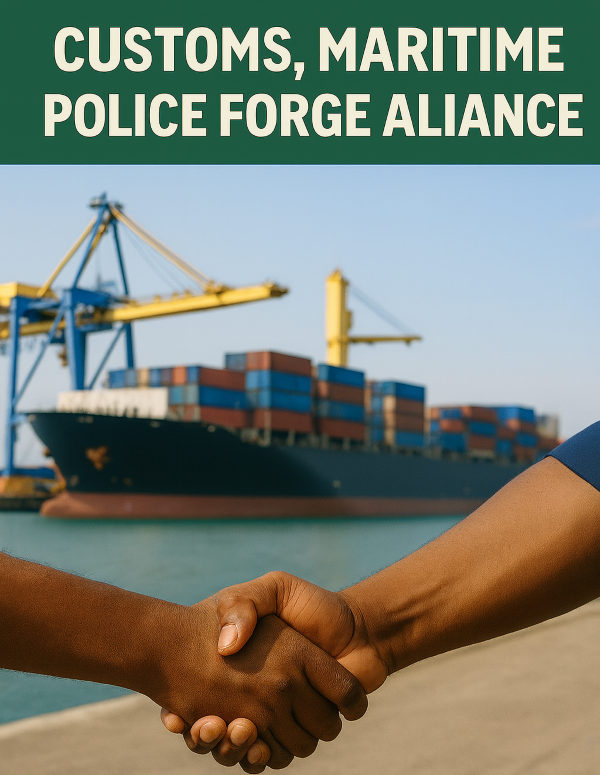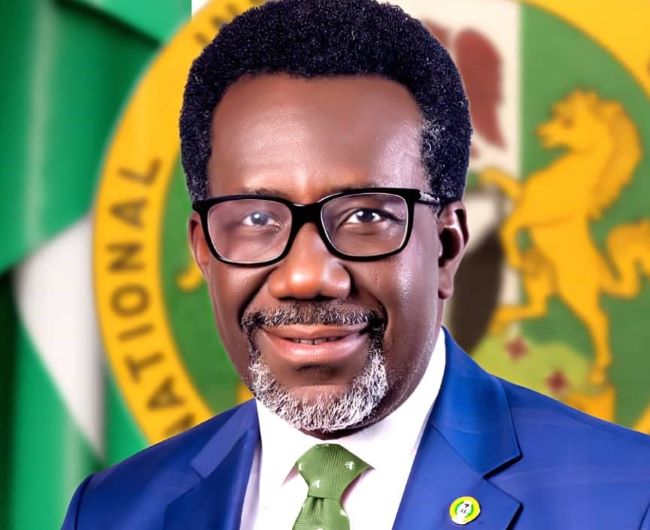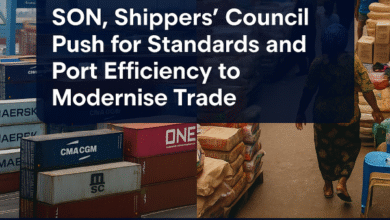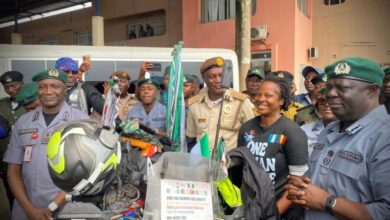Customs, Maritime Police Deepen Collaboration to Secure Waterways, Boost Trade Efficiency

In a decisive move to enhance maritime security and streamline trade facilitation, the Nigeria Customs Service (NCS) and the Maritime Police Command have agreed to strengthen operational collaboration, real-time intelligence sharing, and joint enforcement mechanisms across the nation’s waterways.
The renewed alliance—formalized during a strategic visit by the Assistant Inspector General (AIG) of Police, Festus Oko, to the Customs Zonal Headquarters, Zone A, in Lagos—signals a new era of inter-agency synergy aimed at securing Nigeria’s maritime corridors while simplifying trade operations at ports and terminals.
Strategic Partnership for Safer, Smarter Maritime Operations

The visit by AIG Oko was focused on reinforcing a unified security framework between the NCS and the Maritime Police to tackle the growing sophistication of cross-border crimes including smuggling, piracy, and illegal bunkering.
According to Chief Superintendent of Customs, Edeminam Akininyene, who issued a statement on behalf of the Customs Zone A command, both agencies are “committed to building an ecosystem of shared intelligence, coordinated enforcement, and zero tolerance for procedural bottlenecks that hamper trade.”
AIG Oko commended the Nigeria Customs Service for its “unwavering professionalism and its pivotal role in revenue generation, trade facilitation, and protection of lives and property,” noting that maritime security is the foundation of a resilient and competitive trade system.
“The Customs Service remains a vital partner in safeguarding our maritime economy,” Oko said. “This partnership reflects our shared vision for a safer, more efficient, and globally competitive maritime environment.”
NCS: Balancing Security and Trade Facilitation
Responding, Assistant Comptroller-General of Customs, Zone A, Mohammed Babandede, reaffirmed the service’s commitment to strengthening inter-agency coordination while ensuring that enforcement actions complement, rather than complicate, legitimate trade activities.
He emphasized that the Customs Service under the renewed collaborative framework would prioritize real-time intelligence sharing, joint operational protocols, and non-duplicative inspections to reduce port congestion and enhance Nigeria’s ranking in global trade competitiveness.
“We are partners in progress,” Babandede said. “Our goal is to balance national security enforcement with trade facilitation in a way that supports economic rebirth, reduces friction for legitimate traders, and drives productivity across the logistics chain.”
Clearing Agents Join the Push for Seamless Trade
In a related development, the Association of Nigerian Licensed Customs Agents (ANLCA)—Western Zone—has expressed readiness to align with the Customs Service in eliminating procedural delays, curbing demurrage, and accelerating the cargo clearance process.
The ANLCA Western Zonal Coordinator, Femi Anifowose, led a delegation to the NCS Zone A Headquarters to congratulate ACG Babandede on his appointment and to discuss operational challenges faced by clearing agents and freight forwarders.
Anifowose identified multiple inspections, delayed documentation, and overlapping regulatory processes as key contributors to high demurrage costs and overall inefficiency within the port ecosystem.
In response, Babandede pledged stronger cooperation with the association, noting that the Customs Service is actively aligning its systems with the National Single Window (NSW) policy championed by President Bola Tinubu’s administration to streamline port processes, boost revenue generation, and promote transparency.
“We are not just reducing bottlenecks,” Babandede assured. “We are unlocking Nigeria’s potential for growth, job creation, and a more prosperous future. Our collective goal is to support the President’s vision of building a $1 trillion economy by 2026.”
Driving Nigeria’s $1 Trillion Trade Ambition
Industry experts view this collaboration as a vital component of Nigeria’s broader logistics reform strategy under the Renewed Hope Agenda, which emphasizes coordinated regulation, improved port efficiency, Trade efficiency and digital transformation across the trade value chain.
The Nigeria Customs Service has, in recent months, expanded partnerships with agencies including the Nigerian Ports Authority (NPA), Nigerian Shippers’ Council (NSC), and Nigerian Maritime Administration and Safety Agency (NIMASA) to create a unified command structure for trade facilitation.
The latest alliance with the Maritime Police Command—and the inclusion of clearing agents as key stakeholders—marks a strategic convergence between security and commerce, designed to enhance investor confidence and position Nigeria as a leading logistics hub in West Africa.
BRANDECONOMY Analysis: Why This Matters
Nigeria’s maritime sector accounts for nearly 70% of import-export traffic and contributes significantly to GDP growth. Yet, inefficiencies—ranging from regulatory overlap to cargo clearance delays—have historically cost the country billions in lost revenue and trade diversion to neighboring ports.
The Customs-Maritime Police collaboration is, therefore, not just a security pact—it represents a new governance model for trade efficiency. By synchronizing enforcement and operational data, Nigeria can minimize cargo dwell time, enhance transparency, and attract new foreign investment into the logistics and port services sector.
As global shipping transitions toward digitized and security-integrated systems, Nigeria’s commitment to collaboration across regulatory agencies offers a blueprint for sustainable port management and inclusive economic growth.











